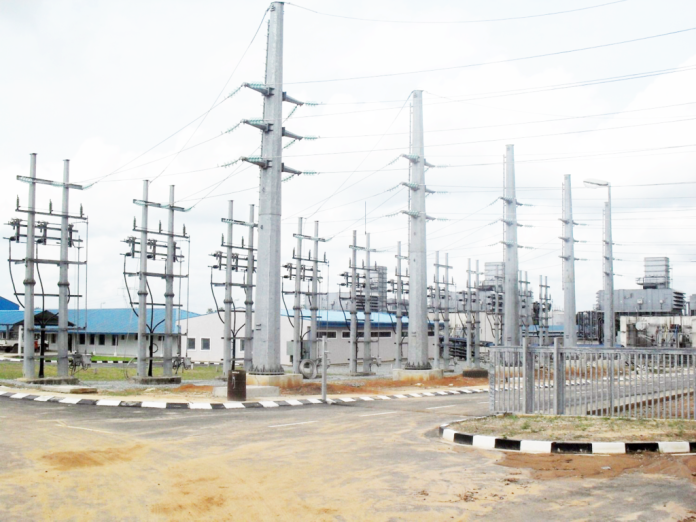The Nigerian government has unveiled a plan aiming to attract $15 billion in private investments to address a staggering $23 billion funding shortfall in its struggling power sector, according to a report by Bloomberg. The initiative, announced during the ongoing World Bank Energy Summit in Tanzania, is designed to alleviate the country’s electricity shortages and extend access to power for the 86 million Nigerians currently without electricity. Central to this strategy is a proposal to provide households with a subsidized monthly allocation of 50 kilowatt hours (kWh) of electricity, either through direct supply or vouchers. This subsidy in the power sector forms a vital part of the government’s overarching goal to enhance electricity affordability and accessibility for millions of Nigerian citizens.
Despite being the most populous nation in Africa and possessing substantial natural gas reserves, vast hydroelectric potential, and abundant sunlight, Nigeria’s installed generation capacity stands at a mere 13,000 megawatts. This deficiency has led to frequent power outages and increased dependence on costly private generators, posing an economic burden on those who can afford them. For perspective, South Africa, which has roughly one-third of Nigeria’s population, boasts a generation capacity of around 52,000 megawatts due to its superior power sector.
As part of its reform agenda, the Nigerian government intends to elevate the proportion of renewable energy in its generation mix from 22% to 50% over the next five years. The plan also includes an ambitious target to more than double the number of households connected to the national grid on an annual basis. By 2027, Nigeria plans to implement a cost-reflective tariff system that will align electricity prices with the actual costs of production. However, to shield vulnerable households from the full impact of potential tariff increases, a buffer mechanism will be established.
